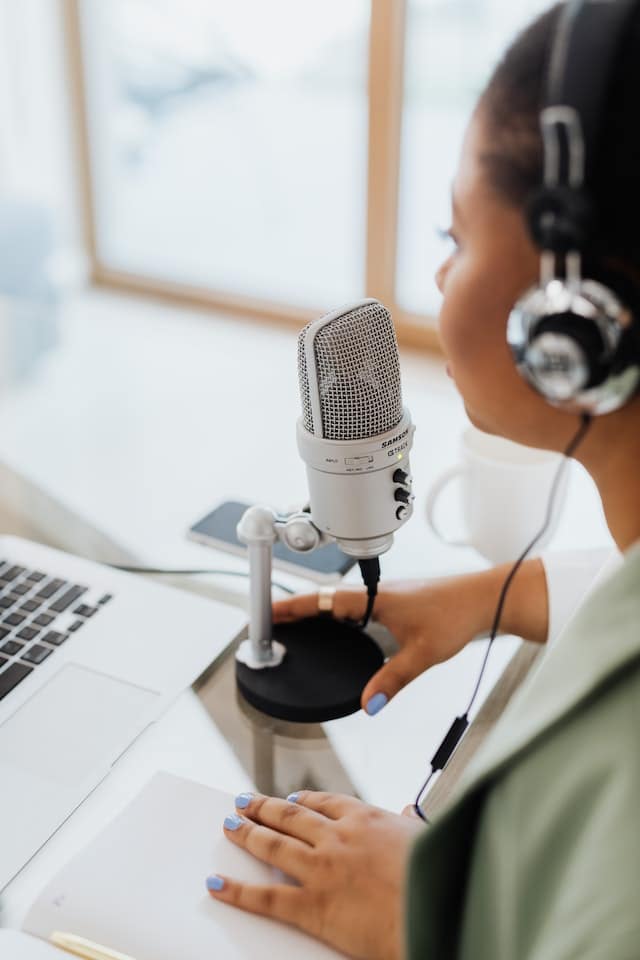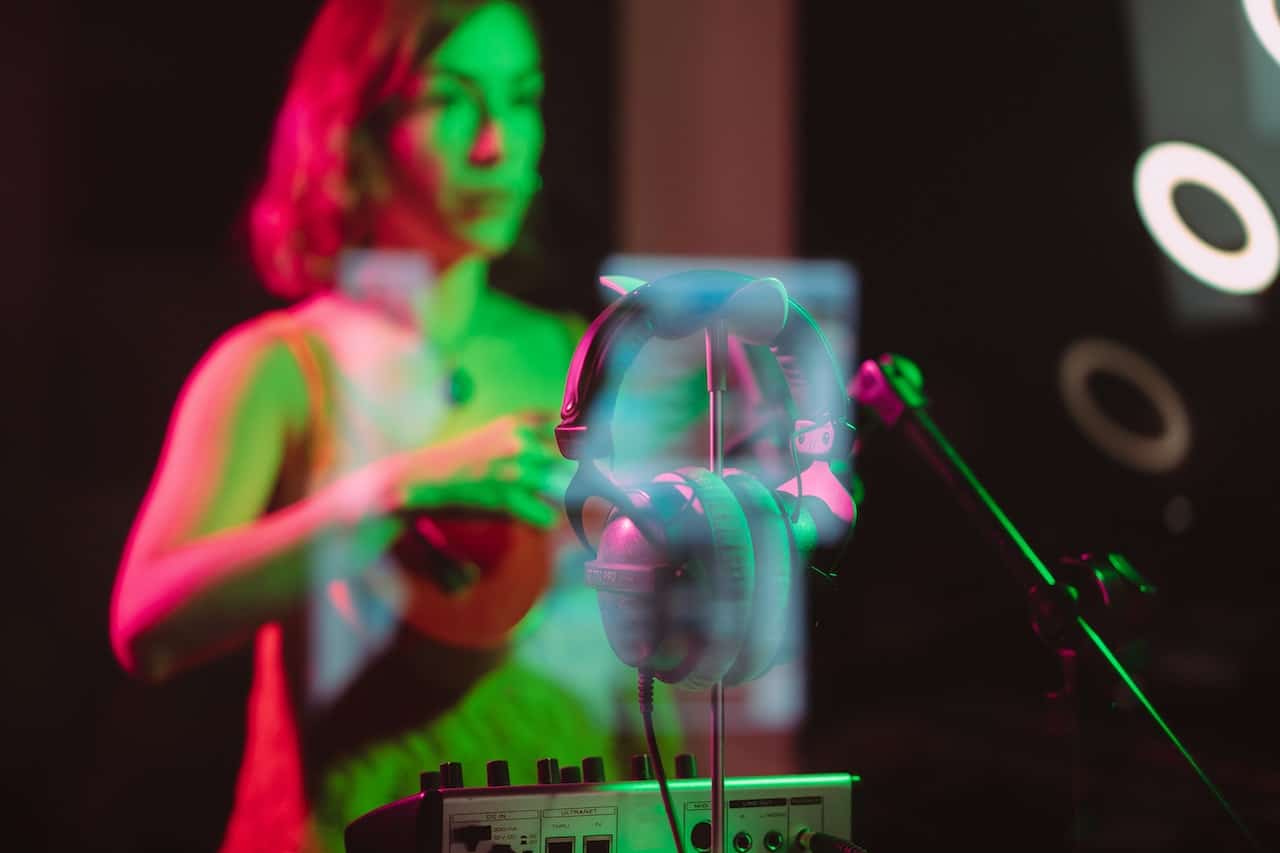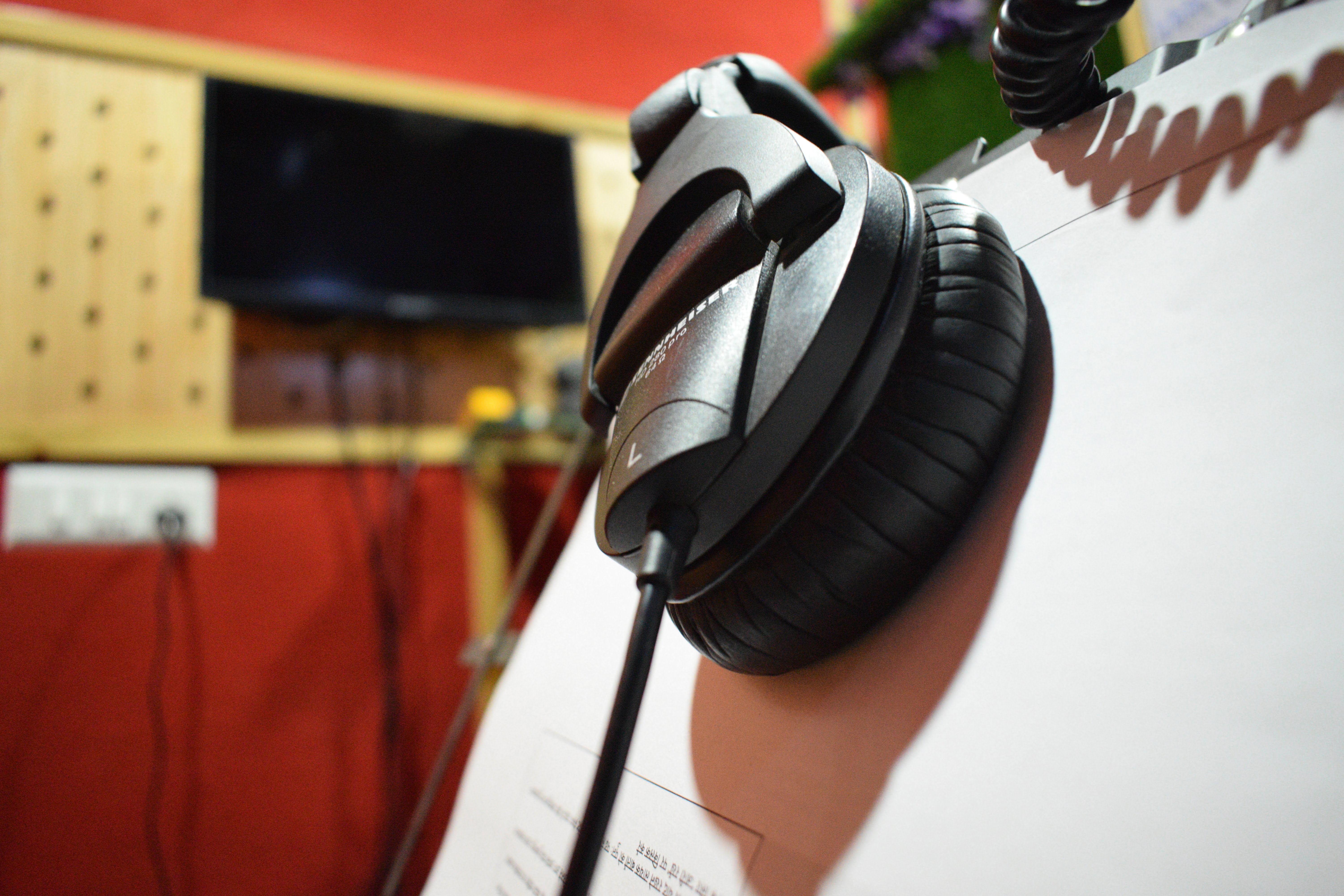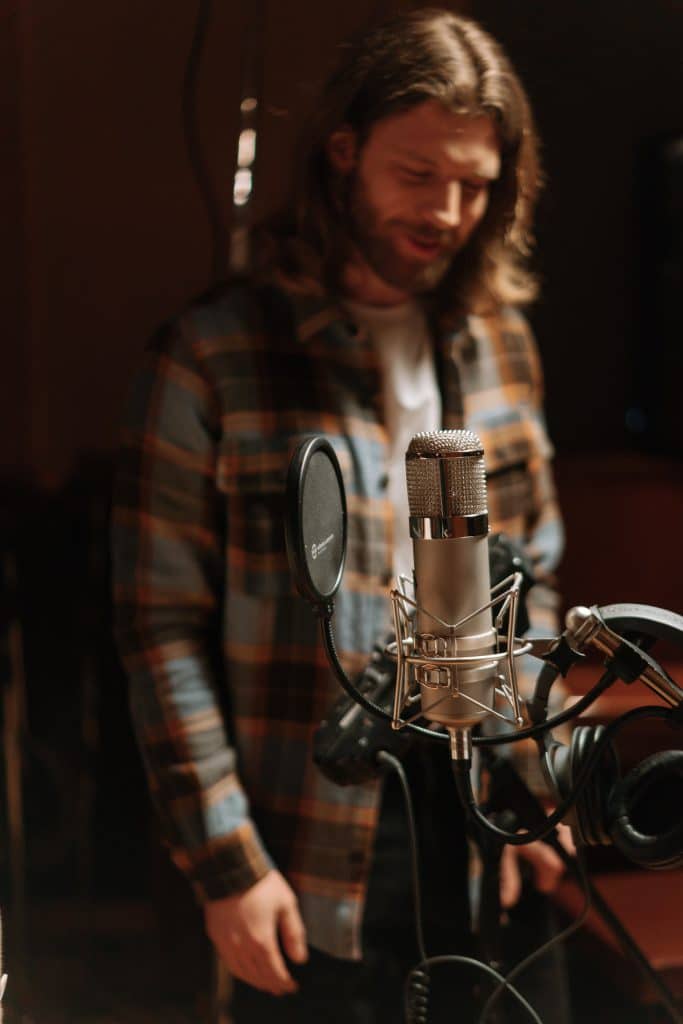Recording voice over with both speed and clarity is essential for various purposes, including voiceovers, podcasting, public speaking, or dictation. Here are some tips to help you record speech quickly while maintaining clear and understandable audio:
1. Prepare Your Content:
– Familiarize yourself with the content you’ll be speaking about. Understand the key points, main ideas, and any technical terms or names you’ll need to pronounce.
2. Practice Pronunciation:
– Practice pronouncing difficult words or names beforehand. Use online pronunciation guides or dictionaries to ensure accuracy.
3. Slow Down for Key Information:
– Speaking quickly can save time, and slow down when delivering essential information, such as numbers, dates, or critical details. This ensures clarity and prevents misunderstandings.
4. Use Pauses Effectively:
– Insert brief pauses between sentences or thoughts to allow listeners to process the information. Pauses also help you catch your breath and maintain clarity.
5. Enunciate Clearly:
– Focus on articulating each word and syllable clearly. Pay attention to consonants and vowels, and avoid mumbling.
6. Maintain Proper Posture:
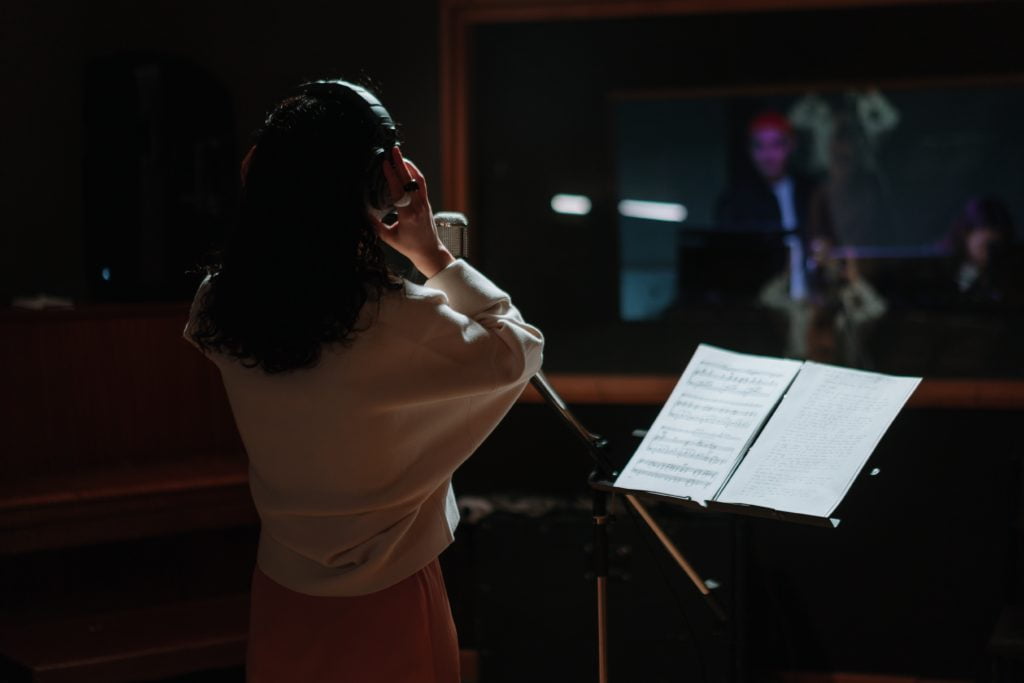 Voice-over artist audition
Voice-over artist audition– Sit or stand up straight to enable optimal airflow and vocal cord control. Good posture can enhance your voice’s resonance and projection.
7. Hydrate and Avoid Dry Mouth:

– Drink water to keep your mouth and throat moist. A dry mouth can lead to unclear voiceover and discomfort.
8. Warm-Up Exercises:
– Perform vocal warm-up exercises to prepare your voice for speaking at a faster pace. This includes humming, lip trills, and gentle vocal stretches.
9. Use a Script or Outline:
– A well-structured script or outline can help you stay on track and prevent stumbling over words. It also ensures that you cover all the necessary points.
10. Record voice-over in a Quiet Environment:… Read more
